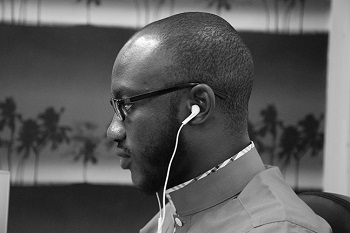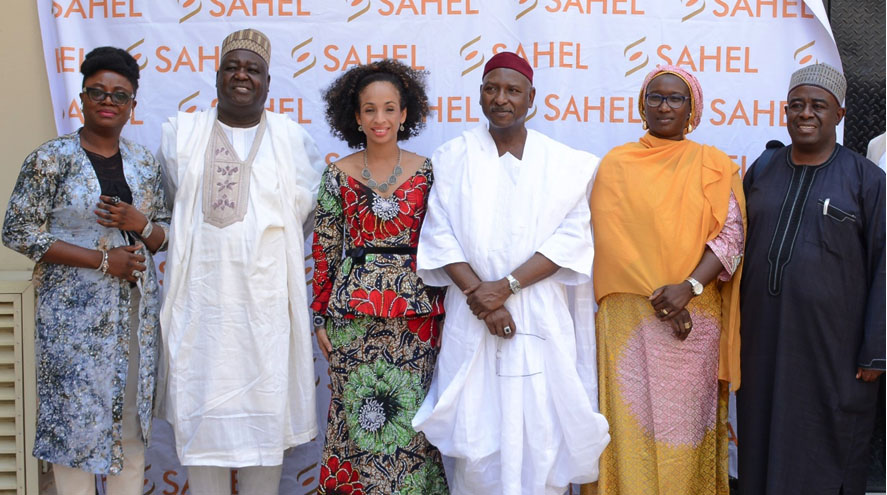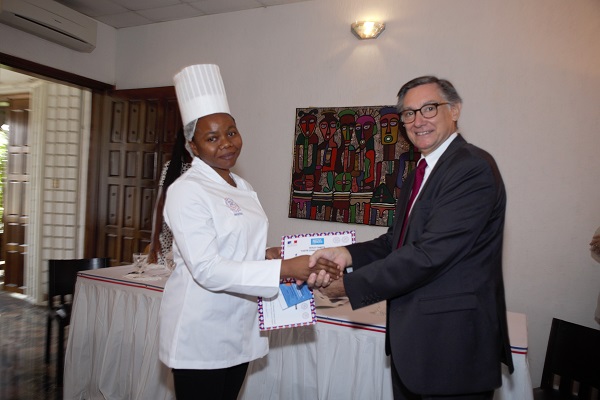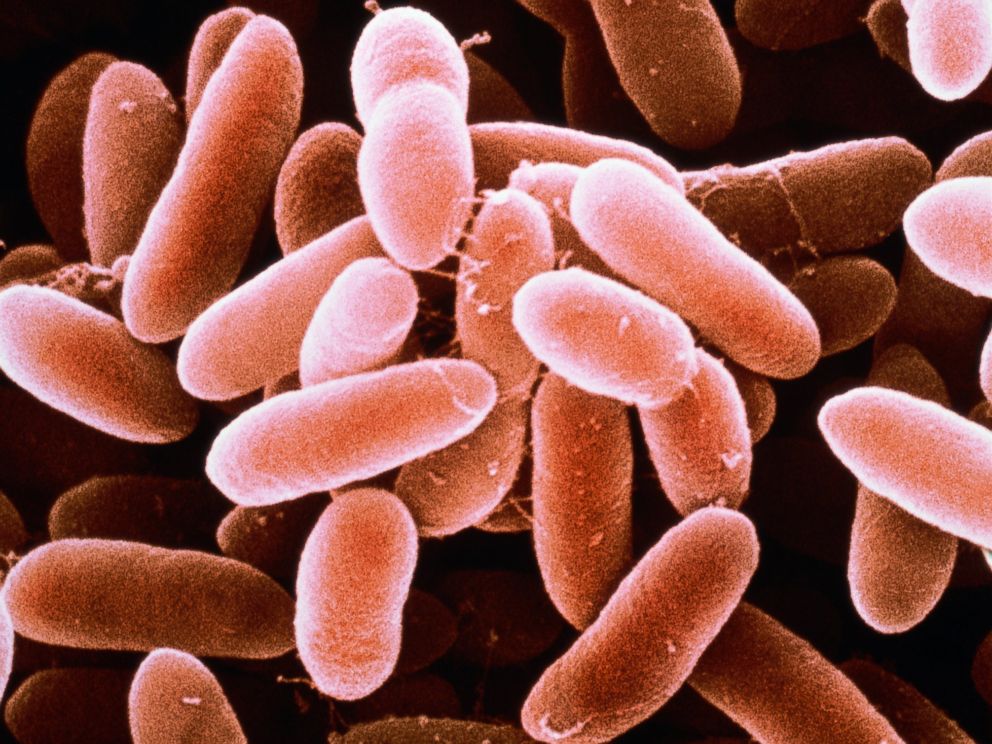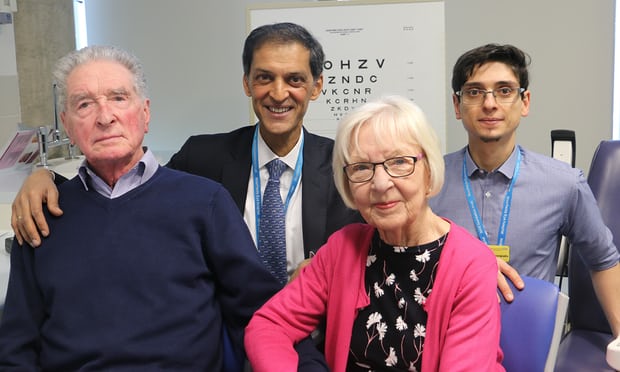Sahel Consulting Agriculture and Nutrition Limited convened a stakeholder meeting in Abuja on March 6, 2018, to present findings and recommendations from the gender and nutrition studies it commissioned on smallholder dairy households in Oyo and Kano states.
The event, which was part of the Nigerian Dairy Development Programme, was well attended by those passionate about gender equity and improved nutrition in Nigeria.
Participants included speakers from the public sector, private sector, leaders in the dairy industry, and social sector partners operating in the nutrition and gender space.
The event kicked off with a welcome address from Ndidi Nwuneli, managing partner at Sahel Consulting, followed by remarks from key partners of the Nigerian Dairy Development Programme, including Joel Ariori, plan and delivery manager of FrieslandCampina Wamco.
Advertisement
Ariroi represented Ben Langat, MD of FrieslandCampina Wamco. Amy Oyekunle, CEO of Monii Development Consult, presented the findings from the gender study, which revealed that while women and men respondents both lack access to land, men control the non-dairy income in the household and women’s decision making is typically limited to child care and food consumption.
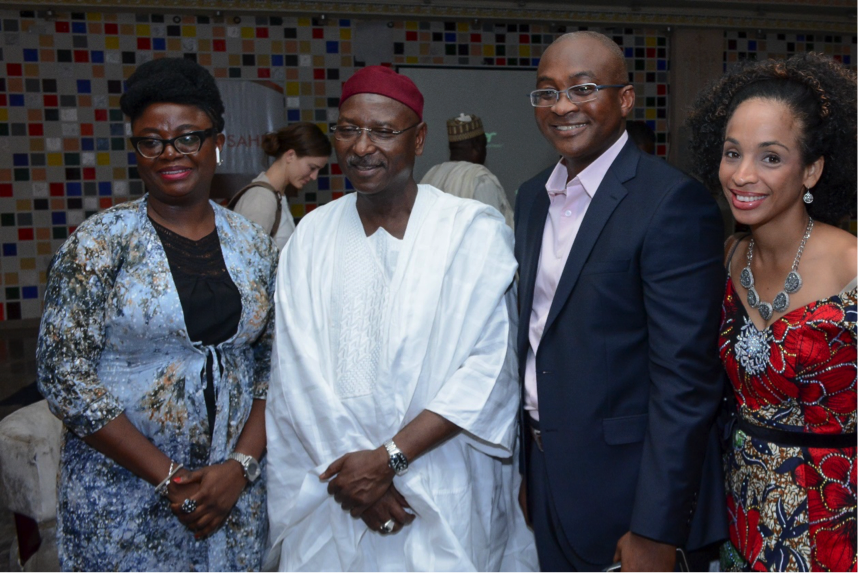
In addition, women lack formalised structures of support and have limited inclusion in existing cooperatives.
Nathalie Ebo, associate partner at Sahel Consulting, presented the nutrition study’s findings, which showed that there is considerable prevalence of malnutrition among smallholder dairy households in both Kano and Oyo states.
Advertisement
Contributing factors include seasonality and inadequate nutrition knowledge. Recommendations from the studies encouraged improving women’s decision-making skills by promoting their direct engagement with processors and involvement in cooperatives, improving women and men’s financial literacy and nutrition education, and providing support around food production to include biofortified crops to ensure dietary diversity for the household throughout the year.
As part of his response to the presentations, Hafiz Abubakar, deputy governor of Kano, commended Sahel for the studies, noting their pertinence in raising awareness around malnutrition, a situation that saw limited improvements in many rural communities in the last two decades.
“Our greatest challenge is the deficit of nutrition education in Nigeria. If we create a campaign of awareness, people can understand the linkage between health and nutrition,” he said.
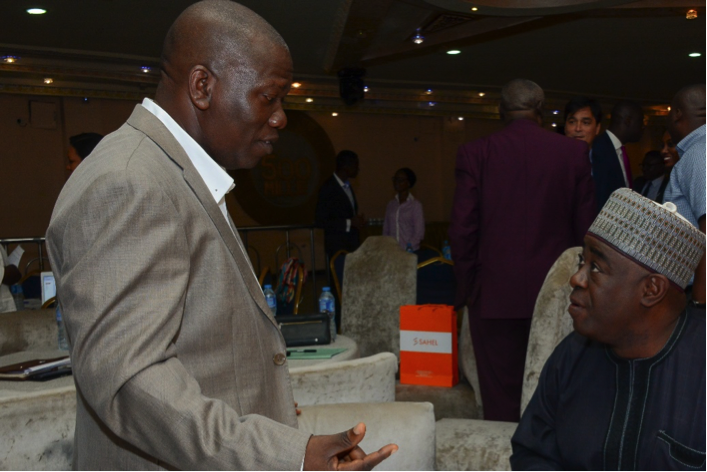
During the afternoon session, attendees engaged in thought-provoking discussions that showcased the power of collaboration in driving inclusive change for smallholder dairy communities in Nigeria as they participated in small group discussions to further refine the proposed recommendations.
Advertisement
Participants were also charged to think critically about how their respective organisations could contribute to gender equity and improved nutrition in Nigeria.
Nwuneli shared the closing remarks for the event, thanking attendees for their commitment, and noting that two decades from now, we should have moved from conversations about addressing malnutrition and improving gender equity to actual results driven by vision in action.
Advertisement
Add a comment
